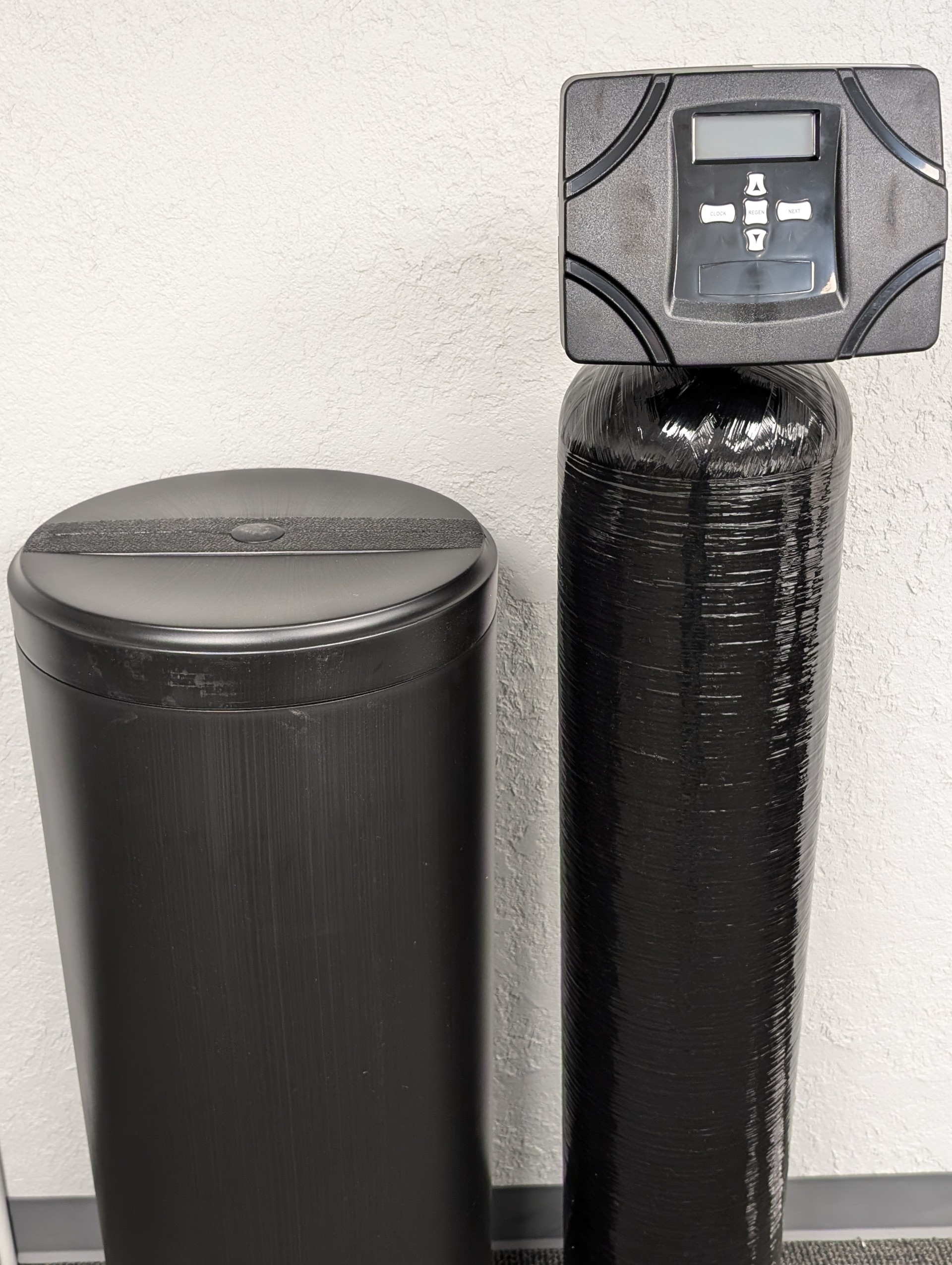Rinnai Tankless Water Heater FAQs
Many homeowners are familiar with whole house, gas-fired, tankless water heaters as a high efficiency option to the conventional tank-type unit that most of us think of when we hear the words, “water heater.” While our team at Save Home Heat Company continues to install plenty of traditional tank style water heaters, with a broader range of performance numbers, efficiency ratings, and features available than ever before – not surprisingly, tankless sales continue to grow with our customers.
In this post, we’ll accept a little help from our tankless water heater brand of choice for many years, Rinnai. We’ve reviewed the Frequently Asked Questions section on Rinnai’s website and have crafted a number of select FAQs of our own, which we find are the most common ones we hear from prospective customers.
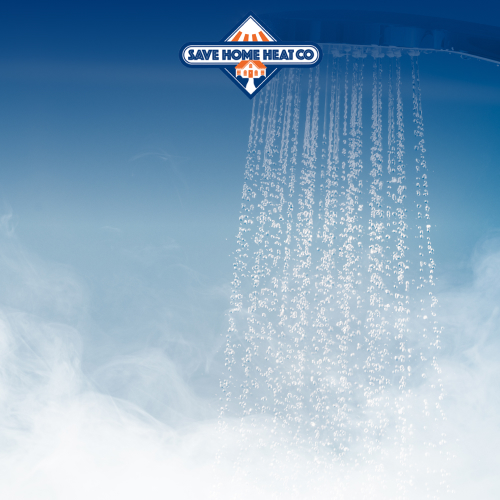
In most cases, you probably will not find these exact questions on the Rinnai website, and our answers are tailored for our readers in the Denver-Boulder area. Please read on.
How Does a Gas-Fired Tankless Water Heater Work?
Unlike traditional tank style water heaters that store hot water in a built-in holding tank that’s constantly maintained at a preset temperature, whole house tankless gas water heaters use a high efficiency heat exchanger to heat domestic water only as it’s needed. As water flows rapidly through the unit’s heat exchanger, immediately adjacent to the burners, it is heated efficiently and fully in a single pass. Because of the tankless heater’s ability to produce hot water almost instantly, these products are also known as on-demand water heaters.
When a hot water tap is turned on or an appliance such as a dishwasher or washing machine turns on, the tankless water heater detects the hot water demand, fires up, and begins operating. Tankless water heaters offer significantly higher efficiency, as compared with conventional gas-fired tank models. The pilotless design, high efficiency heat transfer, and absence of a tank that must be kept hot constantly, all contribute to the higher UEF ratings of tankless heaters.
How Long Does a Tankless Water Heater Last?
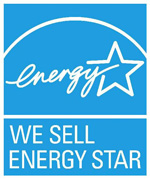 According to Rinnai, their tankless water heaters have a life expectancy of up to 20 years. However, the actual lifespan can be influenced by several factors, including water quality, usage patterns, environmental conditions, and importantly, thorough, regular, routine maintenance. Our experience has shown that well-maintained older units can continue to perform effectively and efficiently, whereas units that haven’t received routine annual maintenance need to be replaced sooner.
According to Rinnai, their tankless water heaters have a life expectancy of up to 20 years. However, the actual lifespan can be influenced by several factors, including water quality, usage patterns, environmental conditions, and importantly, thorough, regular, routine maintenance. Our experience has shown that well-maintained older units can continue to perform effectively and efficiently, whereas units that haven’t received routine annual maintenance need to be replaced sooner.
It’s interesting to note that many industry sources, including ENERGY STAR lifecycle estimates, suggest that tankless water heaters can last nearly twice as long as traditional, tank-type water heaters.
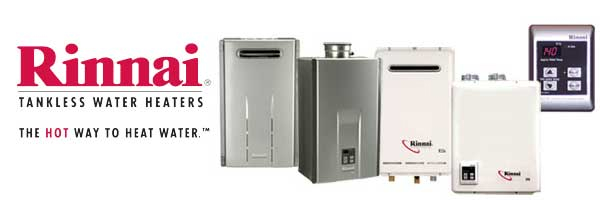
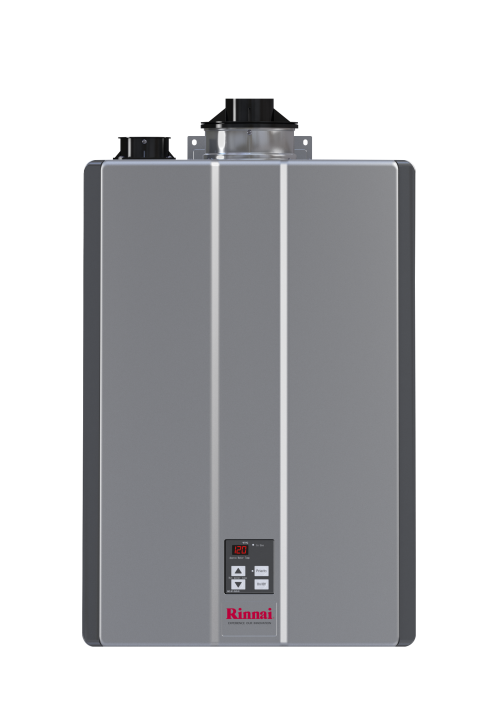
What Kinds of Fuel Do Rinnai Tankless Gas Water Heaters Use?
Rinnai tankless water heaters are designed to operate off of either natural gas or propane, and feature an automatic, pilotless electronic ignition system, eliminating the need for a standing pilot light. Depending on the home’s elevation above sea level, certain interior controls may need to be adjusted during installation to ensure optimal performance.
It’s also worth noting that while Rinnai also manufactures tankless units designed for installation on the exterior of a home, these types of units are essentially not installed in our region. The reasons, of course, center on concerns about freezing conditions.
Why Does a Tankless Water Heater Cost More Than a Tank Type Water Heater?
Traditional tank style water heaters remain the most common domestic water heater design in the United States and Canada. Relatively simple and basic in design, these heaters utilize older, less efficient technology, employing fairly conventional gas burners, gas valve, valving, and controls, and a glass-lined steel tank whose design and materials have changed just a little over the years.
In contrast, tankless water heaters incorporate advanced technology in a variety of ways, including design, components, materials, and controls. The result is improved efficiency and a longer projected lifespan for a properly maintained system. Simply put, the higher cost of tankless units, as compared with conventional tanks, reflects these advancements. Despite the higher initial outlay, a tankless water heater that’s properly matched and sized to meet the needs of a family, and which receives regular maintenance, is generally considered to be a better long-term investment than conventional tank type heaters.
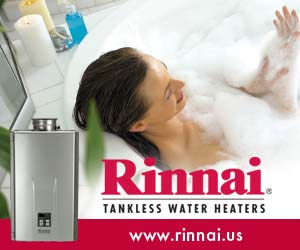
Are There Tax Credits Available For Rinnai Tankless Water Heaters?
The Energy Policy Act of 2005 introduced tax credits for energy efficient upgrades to existing homes. Certain models of tankless water heaters, heat pump water heaters, and other home heating products may be eligible for federal or state tax credits or rebates.

Does a Rinnai Tankless Heater Provide Instantaneous Hot Water at the Tap?
The short, technical answer is ‘no,’ tankless water heaters do not deliver hot water instantly at the tap. Although tankless heaters produce hot water almost immediately upon firing up, there is a brief delay as hot water travels from the heater to a point of use such as a faucet, shower, or kitchen sink.
If immediate hot water is a high priority, you may want to learn about hot water recirculation systems. Domestic hot water recirc systems are designed to reduce wait times by keeping hot water readily available at the tap. Our plumbing team occasionally installs hot water recirc systems, and in certain applications (think ranch style homes) they can certainly be beneficial. However, we don’t often recommend these products.
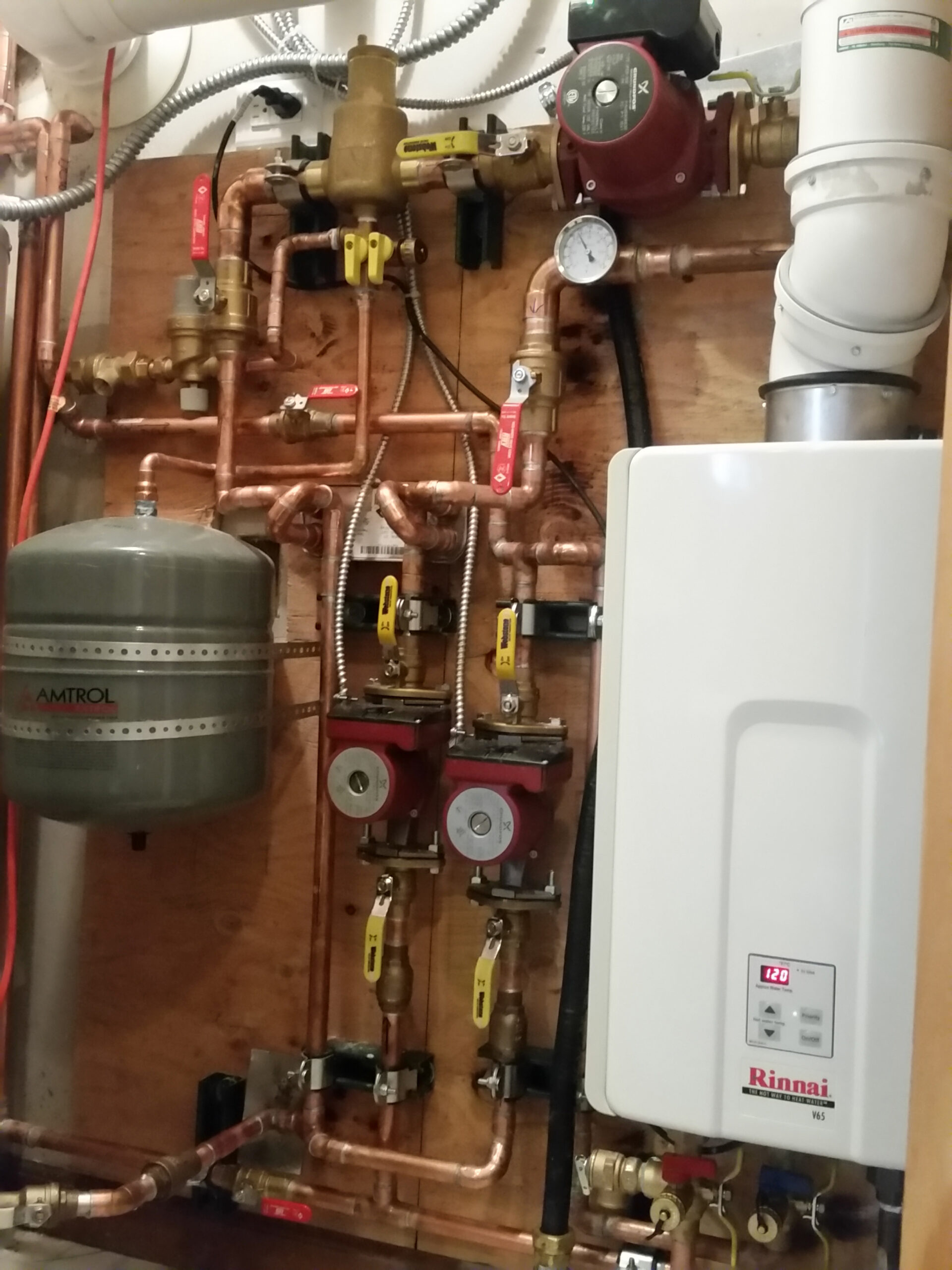
What Size Tankless Water Heater Do I Need?
Several factors influence the recommended size of a tankless water heater for a home, including the number of residents, the number of bathrooms, hot water usage patterns in the kitchen and bathrooms, and other significant hot water needs such as clothes washing.
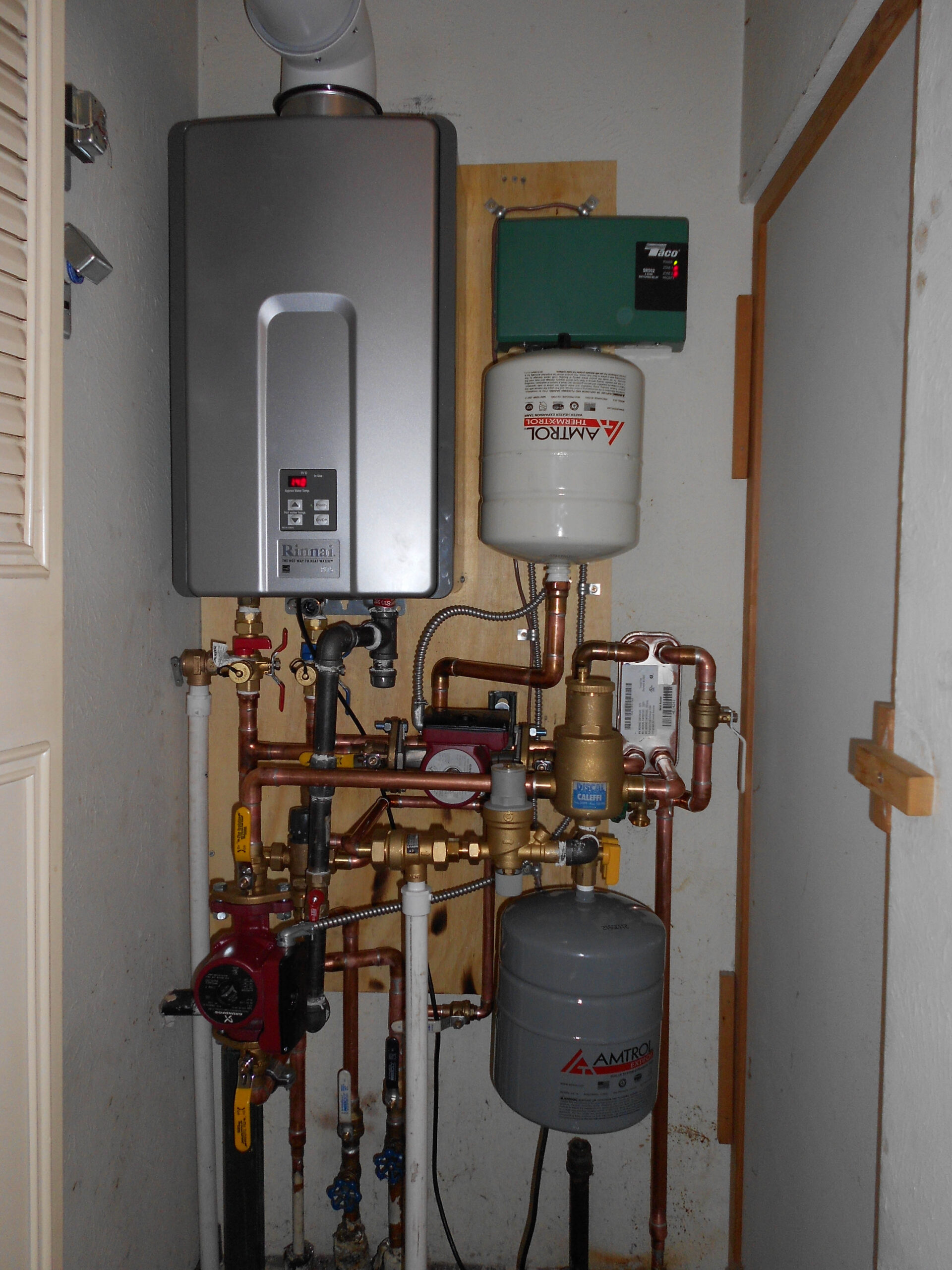
In our region around the Denver-Boulder area, elevation is an important consideration when sizing a whole-house gas tankless water heater. Due to our Mile High-plus altitude, where there is naturally less oxygen available for combustion, a heater’s projected heat output must be reduced, or derated for elevation. As a result, the recommended equipment is up-sized accordingly, to make up for the reduced heat output of the unit.
The Model RU199 from Rinnai
For our customers at Save Home Heat Company, the most popular tankless water heater, by far, is Rinnai’s high efficiency, RU Series model RU199, which is rated at a beefy 199,000 BTUs per hour heating capacity. Given our elevation, and the usage habits and input of the homeowners we serve, this unit, which features an automatically adjusting gas valve (using only the amount of gas that’s needed!) and a highly efficient, condensing design, is very often the right size tankless heater for our customers.
What Routine Maintenance Does a Rinnai Tankless Water Heater Require?
To maintain optimal performance and avoid annoying service issues from creeping up, two types of routine maintenance should be performed on a Rinnai tankless heater by a qualified service technician. How often maintenance is required, technically speaking, depends on factors such as water quality, usage habits, and hot water demand – for convenience and standardizing sake, our team normally recommends having the unit serviced at least annually. Regular, routine maintenance for tankless water heaters is crucial!
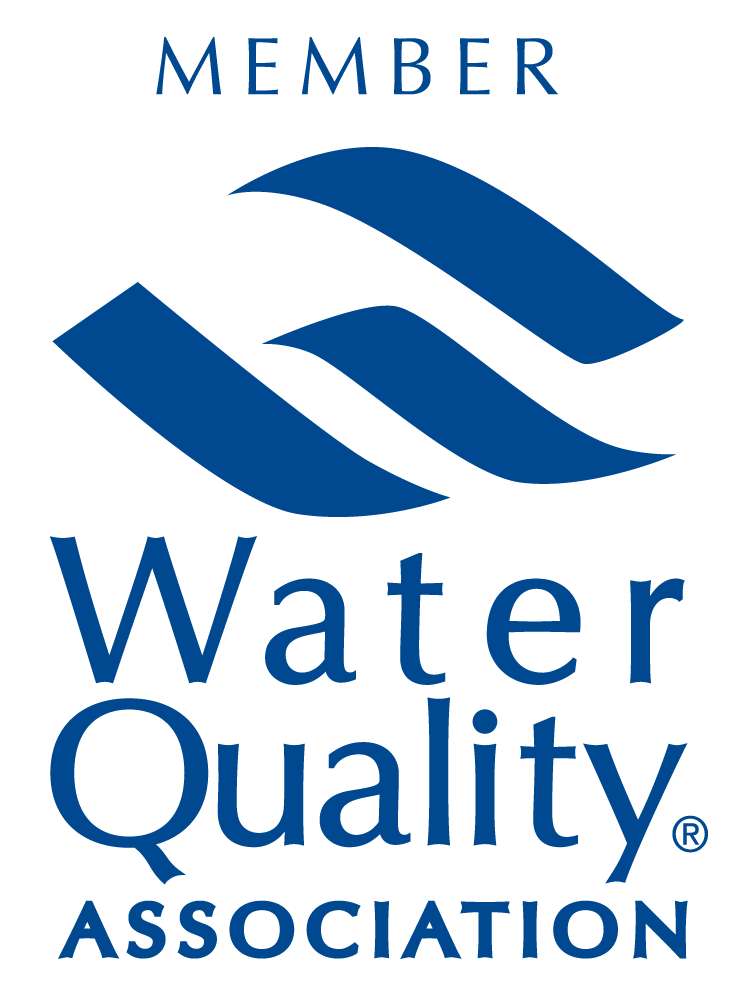
Routine annual maintenance includes the following procedures (and possibly others, depending on the installation):
- Visual Inspection: Examine both the exterior and interior of the unit for any signs of leakage, potential wiring issues, or control related concerns
- Air Filter Inspection and Cleaning: Depending on the unit’s age, if applicable, inspect and clean the in-line debris screen that filters outside air being pulled into the unit for the combustion process
- Heater Flush: Periodically flush the unit to remove scale and lime buildup, which can reduce efficiency, impact hot water output, increase stress on the unit, and potentially shorten its lifespan
Should I Consider Installing a Water Softener With My New Water Heater?
Speaking of scale and lime deposits, for homes with relatively poor water quality – particularly those with hard water or potentially high metal content – when installing a new water heater, it is advisable to explore options to improve this situation. This can benefit not only your new water heater, but your home’s entire plumbing system and your health and wellbeing, too! We often recommend considering the installation of a whole-house water softener as a great complement to a new water heater, whether tankless or a traditional tank. During the process of learning more and receiving a free, low-pressure install quote for your home in the Boulder-Denver metro area, our water quality team is glad to provide a complimentary, dependable water test for any potential customer, with zero obligation.
Does Rinnai Offer Wi-Fi Connectivity?
Yes, many Rinnai tankless water heaters can be equipped with an optional Wi-Fi Control Module, which is available for an additional cost. Full disclosure: Our team has not experienced any demand for this add-on accessory and therefore, in this rare case, we cannot provide you with the usual benefit of our experience. In our market, we are not alone in this regard.
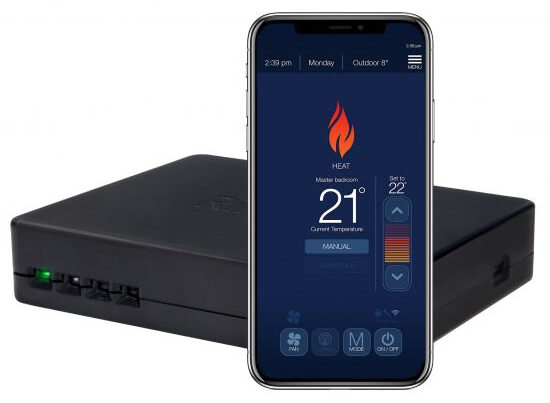
For customers interested in looking deeper into Rinnai’s Wi-Fi options, we recommend consulting the product user manual of your unit or the unit you are considering purchasing, or contacting Rinnai directly. Rinnai Customer Support is glad to provide further assistance and answer any questions you may have. One or both of these would be your wisest course of action.
Your Trusted Denver-Boulder Area Rinnai Tankless Water Heater Team!
Tankless water heaters continue to grow in popularity in the Boulder-Denver metro area. If you’d like to learn if a tankless heater would be a good fit for you and your home, please reach out to our hot water team at Save Home Heat Company today. All installation quotes are highly informative, low-pressure, and free.
Thank you for keeping Save Home Heat in mind for any of your home hot water or plumbing needs!

